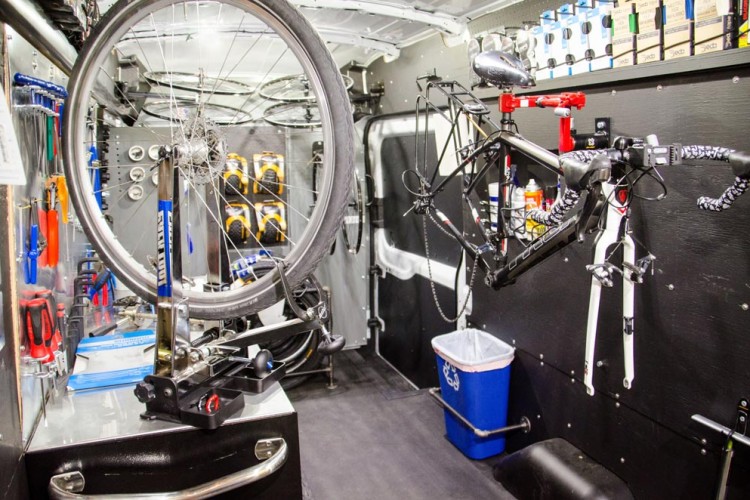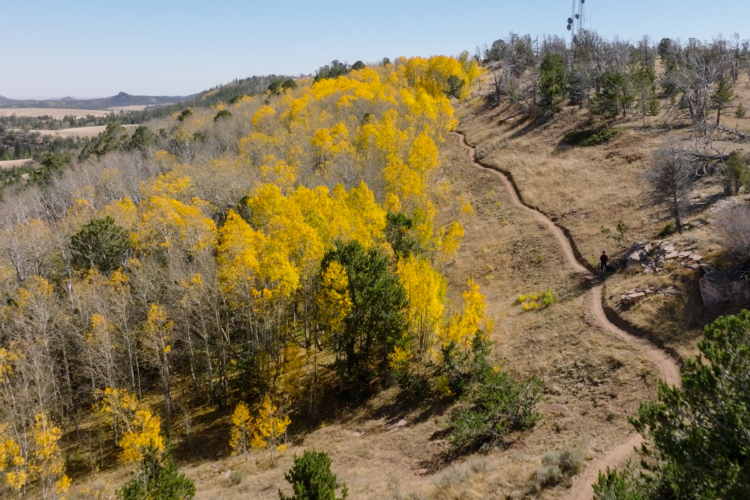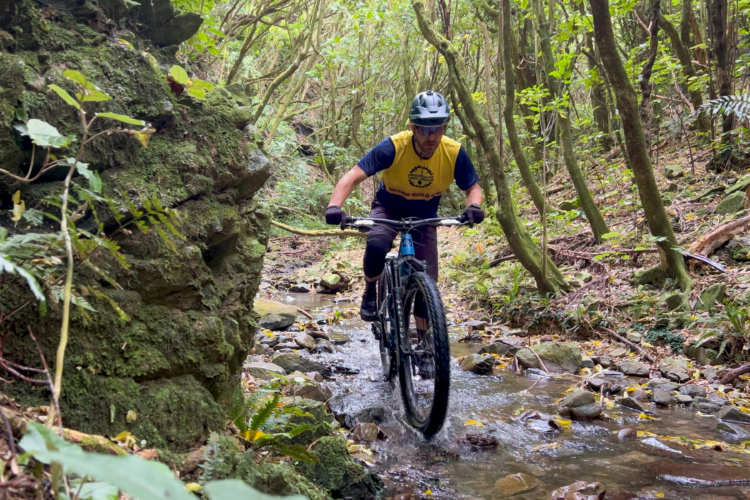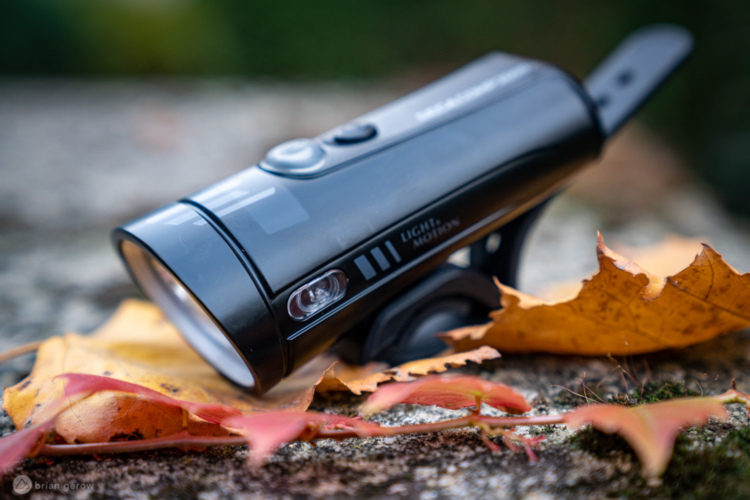The controversy surrounding the Sustainable Trails Coalition and their goal of getting mountain bikes into wilderness areas is heating up for round two, with articles and editorials dropping in many publications, including Bike Magazine and Outside Online. I personally think many people initially wrote the STC’s efforts off as a wild shot in the dark, but following the news that their Human-Powered Wildlands Travel Management Act of 2015 is currently being analyzed on Capitol Hill, many people are finally realizing how serious and organized STC actually is.

However, IMBA still isn’t on board, as Mark Eller’s December 1st blog post made clear.
Today, December 7th, Philip Keyes, executive director of NEMBA and MTB hall of fame inductee, published an open letter to IMBA exhorting them to both support the Sustainable Trails Coalition and to reaffirm their 2010 stance that mountain biking is solely a human-powdered sport–that e-bikes are not mountain bikes. It’s worth noting that NEMBA is IMBA member #150, and as such has been affiliated with IMBA essentially since day one.
The letter is extremely well-written, and you should read it in its entirety, here.
But here are a few choice quotations from the letter. On the topic of supporting the STC:
IMBA’s current position to not support the STC will negatively impact IMBA regardless of the success or failure of the STC. Conversely, IMBA will benefit by supporting the STC regardless of the outcome. If the Sustainable Trails Coalition is successful at modifying the Wilderness Act without IMBA’s support, IMBA will appear as irrelevant and out-of-date, basically sidelined in what is arguably one of the most important access initiatives ever undertaken by mountain bikers. On the other hand, if IMBA offers no support to STC and STC fails, many mountain bikers around the country will lay blame on IMBA for not getting involved or providing the assistance necessary for success. Not supporting STC is a lose-lose for IMBA. On the other hand, if IMBA supports the Sustainable Trails Coalition it will benefit regardless of the outcome. If the STC initiative is successful, IMBA can truly and deservedly share in that success. If unsuccessful, at least IMBA will be seen as having the fortitude to stand up for mountain bikers and do what is right. As is said, “It is better to have fought and lost than to never to have fought at all.” The mountain biking community will understand this and will support the organizations that fight the good fight.
On the topic of ebikes:
NEMBA strongly disagrees that e-MTBs should be given their own recreational category on public, natural surface trail systems. We urge IMBA to reaffirm its 2010 position that mountain biking is a human-powered, non-motorized form of recreation and that e-bikes are a form of motorized recreation. Both may be appropriate recreational activities, but it’s important to maintain the category of non-motorized trails.
In conclusion:
To summarize, NEMBA believes that these two national issues are critical to the future of mountain biking and we urge IMBA to support our recommendations. If bikes aren’t allowed in Wilderness, mountain bikers will always be second-class citizens on all public lands. If IMBA believes that power-assisted bikes should be allowed on non-motorized trails then our fate will be sealed as being part of the motorized community, regardless of our best attempts to parse the difference.
We urge IMBA to lend its support to the Sustainable Trails Coalition and reaffirm its 2010 position on e-MTBs.
Again, I encourage you to click on over and read the entire article, here!











5 Comments
Feb 19, 2016
Dec 8, 2015
As I expressed this Fall I am not a big fan of E-MTB. I am in total agreement with NEMBA on that piece.
Regarding the STC piece, I would like to know more about their stance and approach. I read through their online literature. Conceptionlally I agree with their position to put the decision of access in the hands of the land managers. The piece that worries me is around putting all the power into the land managers. I have run across issues (more with private owners that government) where MTB usage was allowed then new owners or relatives took over and we lost access. How would the proposed legislation protect the MTC communities investment? If we go in and repair the CDT, then later new management comes in and bans access. We have lost all the investment.
It is an interesting discussion. One that I will need to follow more closely.
Dec 8, 2015
I think the takeaway is that we could then fight individual battles to keep trail access alive and well for MTBs.
Let's say a new section of the CDT or PCT in a wilderness area was opened to mountain bikes after the STC succeeds: that's all trail that we didn't have access to before--a win. Even if, say, 50% of wilderness trails are opened to MTBs if this gets passed and 50% are not, that's still 50% that we didn't have before.
Once this hypothetical 50% is opened to mountain bikes, a new government official can't just come in and close it on a whim--there would have to be a process. And since, at that point, creating a wilderness area, wilderness study area, or recommended wilderness area couldn't easily shut off the trail to MTB, presumably there would have to be a good, scientific reason for the closure, and the closure would have to face public comment, and lobbying and pressures from parties involved--including MTB advocacy groups.
Ultimately, your argument could more easily apply to doing work on current, existing trails right now, as they are currently more easy to shut down to bike access due to wilderness designation. But if this passes, that closure method is taken away.
If this bill passes, I see it as a win-win-win. We would get at least some more trail access, it would be harder to close those trails to bikes once we DO gain access, and it would be harder to close trails in the future that CURRENTLY allow mtb access.
Dec 27, 2015
Opening Wilderness Areas to mountain biking on a case by case basis is an administrative nightmare. It will cost a ton of money because of the Environmental Review (NEPA) that would have to be done for each property.
As for ebikes, what's the difference between a 200 pound, 20 year old mountain biker on a regular mountain bike and a 150 pound, 55 year old mountain biker on an ebike? Nothing, they weigh the same, they have the same tires and they go the same speed. If pedal assisted bikes allow more people to enjoy mountain biking, then you should be all for it. The only reason some mountain bikers are against it is the motor. They are totally scared of being compared to anything with a motor on it.
Jan 25, 2016